Best 3D Laparoscopy Hospital in Ahmedabad
Experience the precision of advanced 3D imaging. Faster healing, less pain, and better outcomes.
3D Laparoscopy at Prabhu Women’s Hospital
At Prabhu Women’s Hospital, we offer advanced 3D laparoscopy for precise, minimally invasive surgeries. This technology provides enhanced depth perception and clear visualization, enabling our specialists to perform complex procedures with greater accuracy and safety. Patients benefit from reduced pain, smaller scars, faster recovery, and shorter hospital stays, making 3D laparoscopy a preferred choice for modern women’s healthcare.
High-definition 3D vision ensures accuracy and safety.
Minimally invasive with faster recovery and minimal scarring
Ideal for complex gynecological surgeries
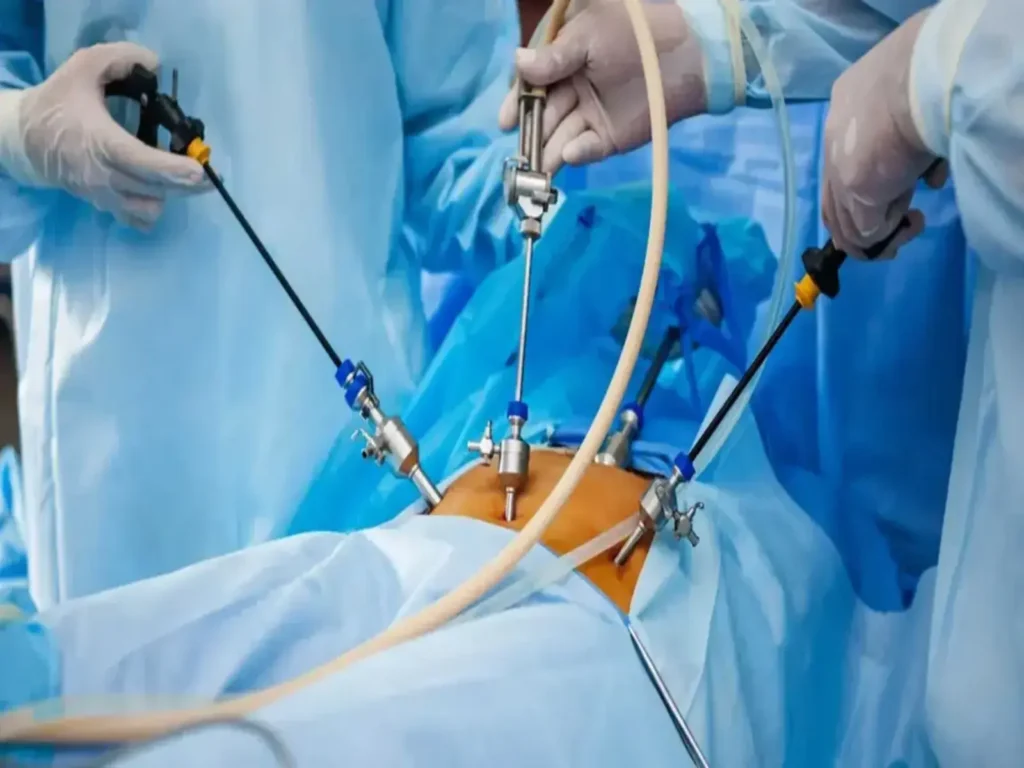
Advanced 3D Laparoscopy for Women’s Health
We perform surgeries using 3D laparoscopy at Prabhu Women Hospital for effective and precise results. With this technology, doctors can clearly view the insides of the body, assisting in uterus, fibroid, cyst, endometriosis and fertility treatments. Compared to traditional surgery, laser surgery causes less pain, smaller scars and a quicker recovery which is why many women prefer it today.
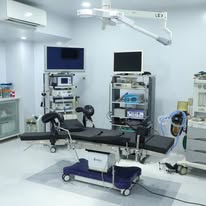
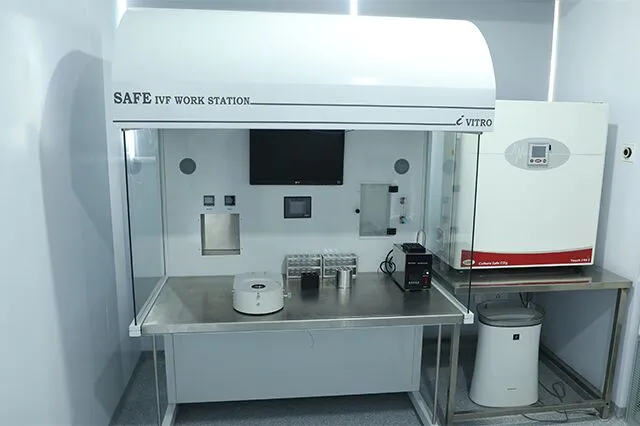
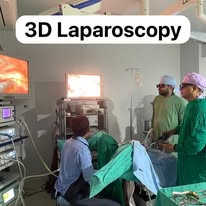
What Are
Benefits of Laparoscopy
Lower risk of complications
Better the precision the more it reduces surgical errors and improves safety.
Smaller incisions, leading to minimal scarring
The minimally invasive technique uses tiny cuts, leaving little to no visible scars.
Faster recovery and return to normal activities
The patients recover more quickly and are able to resume their normal activities sooner.
Reduced operative time
Improved visualization helps complete surgeries more efficiently.
Less post-operative pain and discomfort
Smaller wounds mean reduced tissue trauma and pain after surgery.
Greater surgical accuracy and control
3D imaging gives surgeons enhanced depth perception for precise movements.
Your Health, Our Precision — 3D Laparoscopy at Prabhu Women's Hospital
At Prabhu Women Hospital, a leading Maternity Hospital in Ahmedabad, we specialize in 3D laparoscopic surgeries that offer higher accuracy and faster recovery. With advanced technology, our skilled doctors successfully treat fibroids, cysts, endometriosis, infertility, and other complex conditions. We prioritize your safety, deliver the latest medical care, and ensure a smooth, comfortable healing experience.
Process of 3D Laparoscopy
Before the procedure, patients undergo a detailed consultation, diagnostic tests, and pre-operative preparations to ensure they are fit for surgery.
The patient is given anesthesia, and tiny incisions are made through which specialized laparoscopic instruments and a 3D camera are inserted.
After surgery, patients recover faster due to the minimally invasive technique, experiencing less pain, minimal scarring, and a quicker return to daily activities.
Book Your Laparoscopy Consultation with Trusted Experts
Why Choose Prabhu Women's Hospital for 3D Laparoscopy?
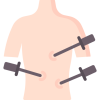
Advanced 3D Laparoscopy
Prabhu Women Hospital offers 3D laparoscopy, which improves depth understanding, leads to accurate operations, and speeds recovery.

Minimally Invasive, Maximum Care
Laparoscopy at Prabhu Women Hospital results in small cuts, little pain, fewer scars, and quick recovery.

Trusted by Thousands
Thousands of women across the region trust us for advanced technology and expert gynecological care.
Frequently Asked Questions
What is 3D laparoscopy?
3D laparoscopy is a minimally invasive surgical technique that uses a special high-definition 3D camera and small instruments inserted through tiny abdominal incisions. It provides surgeons with a clear, three-dimensional view, allowing for more precise and effective treatment.
What conditions can be treated with 3D laparoscopy?
Common conditions include pelvic organ prolapse, bladder repairs, urinary incontinence surgeries, endometriosis, and removal of pelvic adhesions.
How is 3D laparoscopy different from traditional laparoscopy?
Traditional laparoscopy uses 2D imaging, which can limit depth perception. 3D laparoscopy offers enhanced depth and clarity, helping surgeons operate with greater accuracy.
How do I prepare for 3D laparoscopic surgery?
Your doctor will provide specific instructions, which may include fasting before surgery, stopping certain medications, and arranging for post-operative care.
Will I have large scars after 3D laparoscopy?
No, the incisions are very small—usually less than 1 cm—resulting in minimal scarring.
What is the recovery time after 3D laparoscopic surgery?
Most patients can return to light activities within a few days and resume normal activities in 2 to 4 weeks, depending on the procedure.
Is 3D laparoscopy safe?
Yes, it is a safe and well-established surgical technique with low complication rates when performed by experienced surgeons.
What are the benefits of 3D laparoscopy?
Benefits include smaller incisions, less pain, reduced risk of infection, minimal scarring, shorter hospital stays, and faster recovery compared to open surgery.
